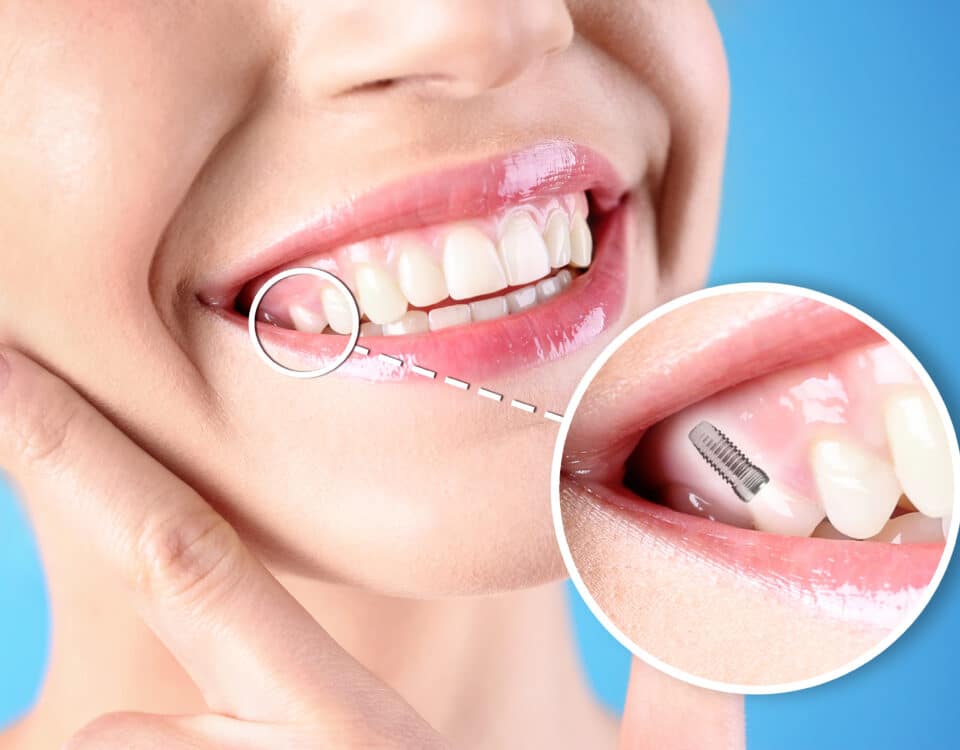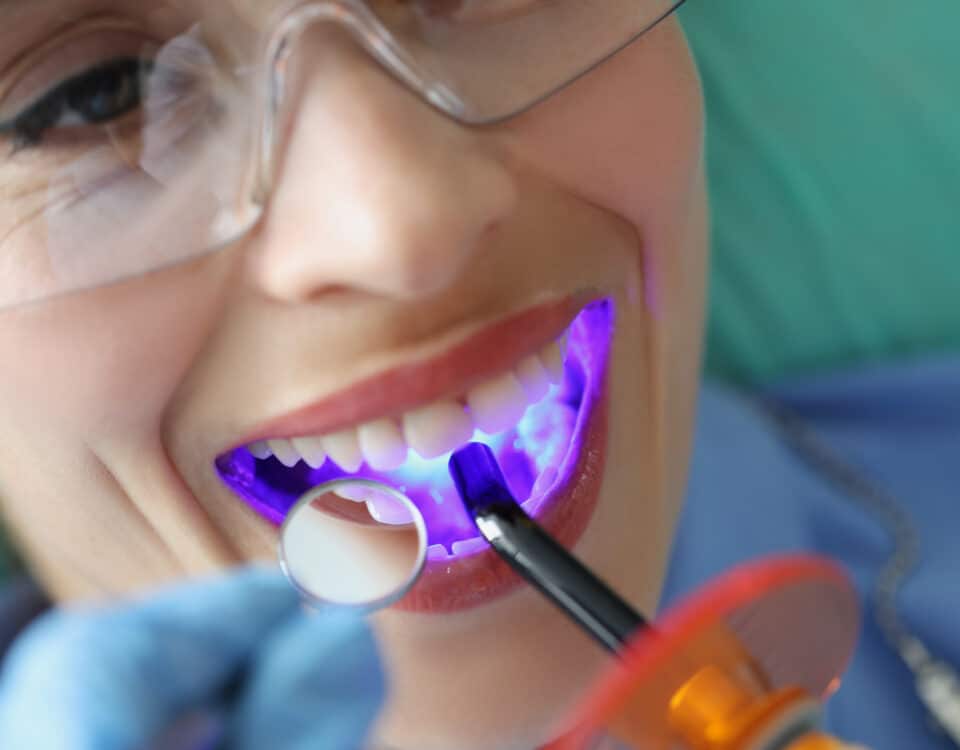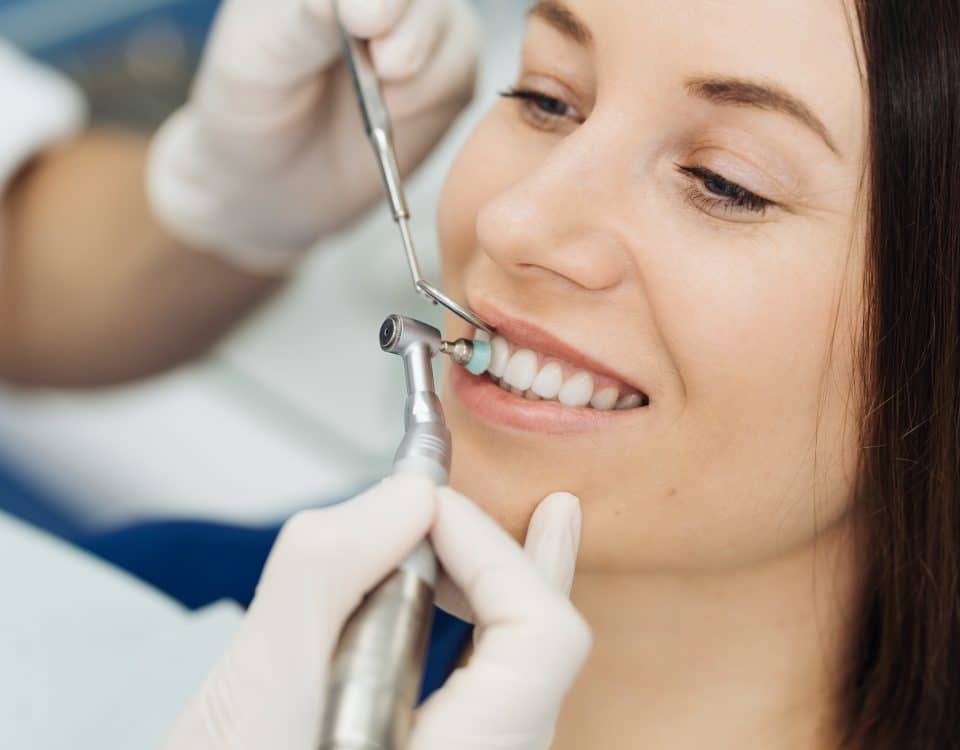Restore Your Smile with Full or Partial Dentures

The Cosmetic Dentistry Services That Can Boost Your Confidence
July 23, 2021
Why Dental Checkups Are Essential
August 6, 2021If you’ve lost all of your teeth to gum disease, tooth decay, or injury — dentures could be for you. If you have, then you know that without your teeth it can be extremely difficult to do everyday things — like talk and eat. At Stonebrook Family Dental, we can replace your missing teeth with full or partial dentures.
What Causes Missing Teeth
Adults can experience losing a tooth for a number of different reasons. The American College of Prosthodontists explains that tooth decay, gum disease, and injury are the leading causes of missing teeth. However, some people are born without certain teeth, a condition known as congenitally missing teeth. Genetics play a role in some families and can lead to congenitally missing teeth — a condition that is often seen in multiple generations of a family. Further, certain systemic conditions, also usually caused by genetics, can result in missing teeth.
The Different Dentures
Dentures are a replacement for natural teeth that have been lost due to tooth decay, gum disease, injury, or more. Depending on the current condition of your mouth, there are two types of dentures available: full or partial.
Full (Complete) Dentures
Full dentures are used to replace an entire set of teeth — both the upper and lower sets. These customized replacement teeth can restore your smile, correct your bite, and even restore your facial appearance. The lower dentures rest on the gums and are secured over the gums and jawbone, while the upper set are held in place by the suction created between the denture and the roof of your mouth.
Partial Dentures
Partial dentures are best for patients who only have some teeth missing and still have some remaining, healthy teeth. However, if those teeth remaining are not healthy, this isn’t an ideal option. While it’s always preferable and our goal is to keep your natural teeth, it’s not always feasible. If that’s not an option, you’d be a better candidate for a full set rather than a partial. Partials help keep the remaining teeth in place and prevent them from drifting over time. A partial denture is used to replace one or more teeth, but less than an entire arch. These are fastened by clasps that anchor the partial to the neighboring remaining teeth.
Benefits of Dentures
If you don’t fill in the holes in your mouth left by missing teeth, the bite pressure will begin to shift in your mouth. Due to this shifting, your other teeth will begin to compensate for the gap in your bite. After this, you will more than likely begin to experience the soft tissues and bone close to the missing teeth to begin to shrink. This won’t one affect your oral health, but your physical appearance, too. For patients with this happening, partial dentures keep the underlying structures of your mouth engaged and active, preventing further shifting.
Additionally, here at Stonebrook Family Dental, we offer immediate dentures. This means on the day that your unhealthy teeth are removed, you will immediately receive your dentures so that you don’t have to do without teeth any longer. Immediate dentures will shift a small amount as the tissue heals, so they will need to be slightly realigned about six months later. The benefits of immediate dentures mean that you don’t have to live without missing teeth and the potential health issues that arise because of the gaps.
Caring for Dentures
Just like your natural teeth, dentures require proper care to keep them clean and operating at their best. To best care for your dentures, follow these tips:
- Remove and rinse dentures after you eat. You should run them under water to remove food and other loose particles. Tip: stand on a soft surface to wash them and place a towel by the sink (or fill the sink with water) so if you drop your dentures they won’t break.
- Handle with care. While cleaning your dentures, make sure you are handling them gently to prevent bending or damaging the plastic or clasps.
- Clean your mouth after removing them. Use a soft-bristled toothbrush on natural teeth and gauze or a soft wash cloth to clean the soft surfaces of the mouth. If needed, remove any remaining denture adhesive from the gums.
- Brush your dentures daily. Remove and gently clean them at least once each day. Place them in water or a mild denture-soaking solution overnight. Your dentist will discuss how to properly care for them overnight.
- Rinse them thoroughly again before putting them back in your mouth, especially if they sit in a solution overnight.
- See your dentist regularly. Just like you should if you don’t have dentures, you should be seeing your dentist every six months for regular checkups. Your dentist will check the fit and make sure you’re comfortable. Further, they will make sure your mouth is still healthy. You should see your dentist sooner than this if you begin to experience these replacement teeth slipping or becoming loose.
Replace Your Teeth with Stonebrook Family Dental
If you want to learn more about how dentures can help restore your smile, make an appointment today with Stonebrook Family Dental — you’ll love the life you live having a full, complete smile again! Call us today — (303)-872-7907.



